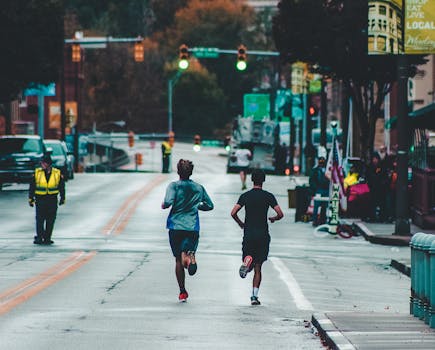
Introduction
Many runners question whether it's a good idea to run without drinking water, either during short workouts or longer distances. This blog post explores the pros and cons of running without water and offers advice for staying safe and healthy.
The Pros of Running Without Water
- Convenience: Not carrying a water bottle makes running simpler and less cumbersome, especially during shorter runs.
- Body Adaptation: Training your body to operate with minimal hydration can sometimes improve your efficiency for races, particularly if you are preparing for events with limited aid stations.
The Cons and Risks
- Dehydration: Your body loses fluids quickly during exercise. Running without water, especially in hot or humid conditions, can lead to dehydration, dizziness, and fatigue.
- Reduced Performance: Even mild dehydration can impair endurance, focus, and overall performance.
- Potential Health Issues: Severe dehydration may cause cramps, headaches, heatstroke, or even more serious health risks.
When Is It Okay to Run Without Water?
If your run is less than 30-45 minutes and the weather is mild, you may be able to run without drinking water. Pay attention to your body and stop if you feel thirsty or lightheaded.
Tips for Safe Running
- Always hydrate before and after your run.
- For longer runs or hot days, bring water or plan a route with access to water fountains.
- Listen to your body and watch for signs of dehydration.
Conclusion
Running without water may be acceptable for short distances, but it's important to prioritize your health and hydration. Know your limits, listen to your body, and always put safety first.
Comments
Post a Comment